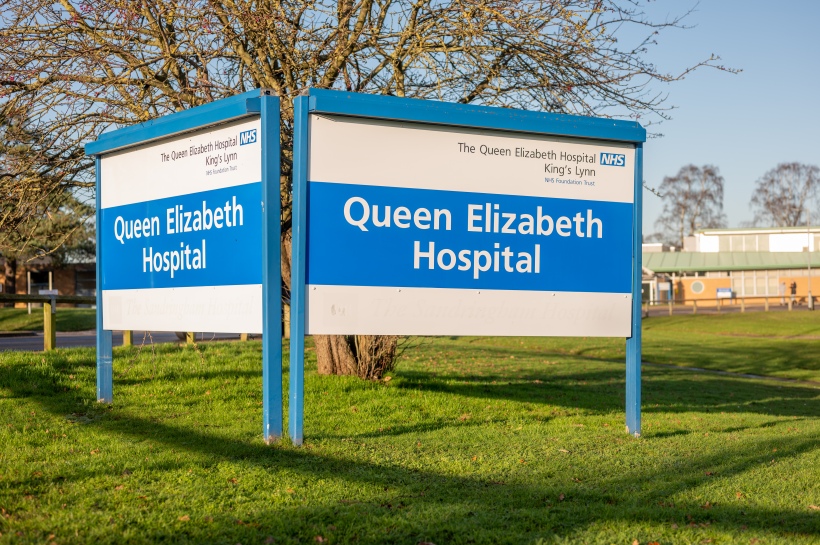Three Norfolk hospitals are among the first in the country to test out Martha’s Rule.
The new rule lets patients and families get an urgent review of their loved one’s condition if their health deteriorates, and they are worried this is not being addressed.
The Queen Elizabeth Hospital in King’s Lynn is one of 16 asked to take part alongside both the James Paget University Hospital in Gorleston and the Norfolk and Norwich University Hospital.
The way it is used will be mapped over the next year and pave the way for it to be rolled out to all NHS acute hospitals, subject to future Government funding.
Martha’s Rule
The scheme is named after 13-year-old Martha Mills, who died from sepsis having been treated at King’s College Hospital, London, in 2021, due to a failure to escalate her to intensive care, and after her family’s concerns about her deteriorating condition were not responded to.
NHS England is working with Martha’s parents to develop materials to advertise and explain the initiative in hospitals across the country, to ensure it is something that all patients, staff, and their families can recognise.
Merope Mills and Paul Laity, Martha’s parents, said: “We are pleased that the roll-out of Martha’s Rule is off to a flying start and that the need for it has been so widely recognised. It will save lives and encourage better, more open, communication on hospital wards, so that patients feel they are listened to, and partners in their healthcare.”
Commenting on The QEH involvement, its Medical Director Rebecca Martin said: “We are pleased to be selected as one of the first sites to participate in rolling out Martha’s Rule. Our clinical teams were very quick to respond to the opportunity to be involved and I know that it will provide reassurance to patients and elevate patient safety.”
How does it work?
Martha’s Rule is to be made up of three components to ensure concerns about deterioration can be swiftly responded to.
Firstly, an escalation process will be available 24/7, advertised throughout the hospitals on posters and leaflets, enabling patients and families to contact a critical care outreach team that can swiftly assess a case and escalate care if necessary.
Secondly, NHS staff will also have access to this same process if they have concerns about a patient’s condition.
Finally, alongside this, clinicians at participating hospitals will also formally record daily insights and information about a patient’s health directly from their families, ensuring any concerning changes in behaviour or condition noticed by the people who know the patient best are considered by staff.


